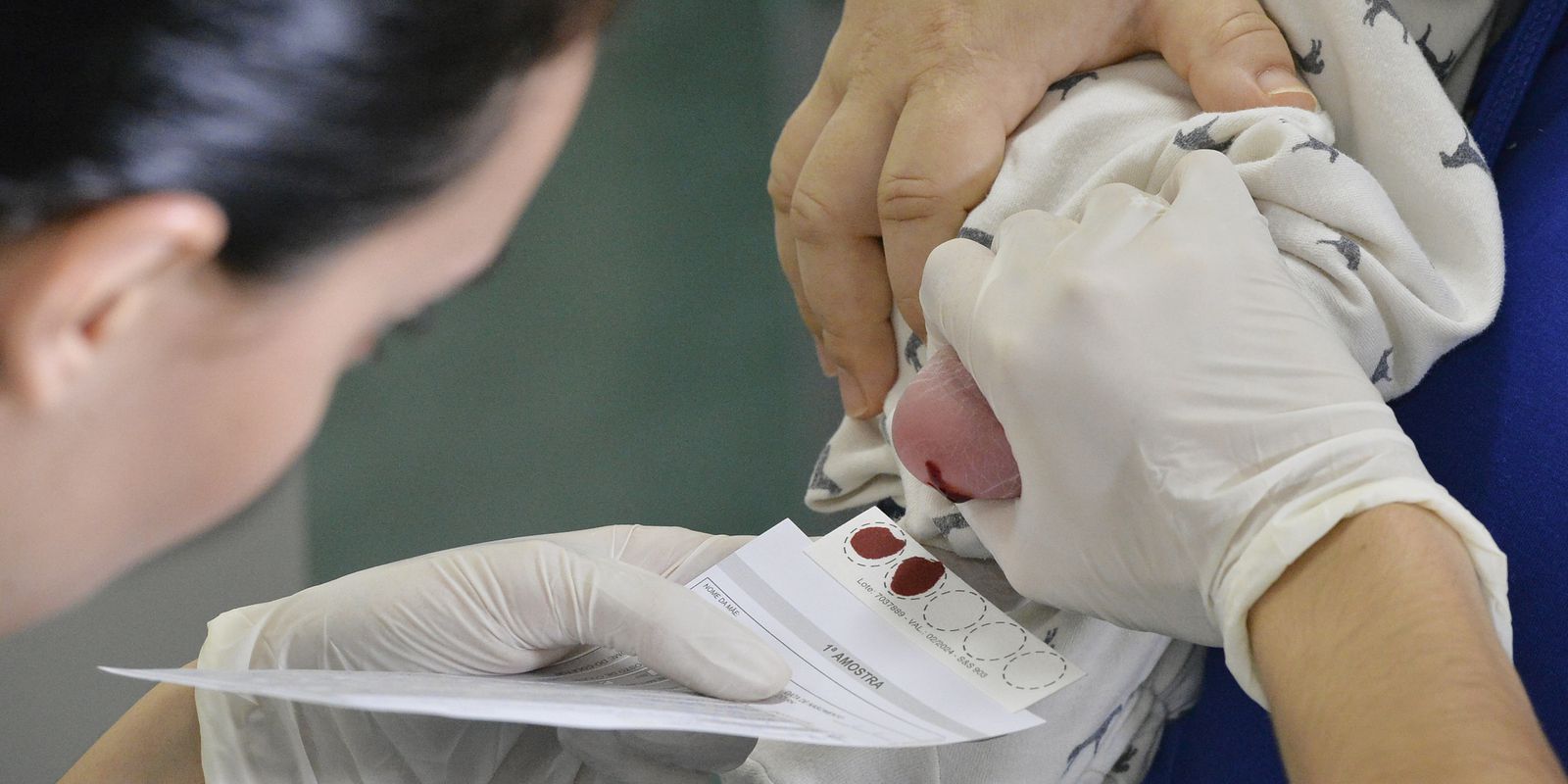The 6th edition of the June Lilac campaign, which started on the 1st, calls attention to the implementation of the heel prick test and, especially, the expanded heel prick test. The campaign is led by Instituto Jô Clemente (IJC), formerly Apae de São Paulo, with the support of the Municipal Health Department of São Paulo, the Brazilian Society of Neonatal Screening Inborn Errors of Metabolism (SBTEIM) and the National Union of Reference Services in Neonatal Screening (Unisert).
“Our aim is to guide society on the need to perform the heel prick test and to expand access to the expanded heel prick test to all Brazilian babies for the early diagnosis of dozens of serious and rare diseases, which require clinical, emergency interventions. and specific treatments”, highlights the General Superintendent of the IJC and president of Unisert, Daniela Mendes.
In most of the country, the heel prick test offered in the public network by the Unified Health System (SUS) includes the analysis of six diseases – phenylketonuria, congenital hypothyroidism, cystic fibrosis, sickle cell anemia and other hemoglobinopathies, congenital adrenal hyperplasia and biotinidase deficiency. The expanded test can detect 50 diseases. In the capital of São Paulo, babies born in the public network already have access to the expanded foot test.
“Early diagnosis is able to discover genetic, congenital, infectious diseases, inborn errors of metabolism and immunity and, thus, carry out early and timely intervention, avoid damage related to neuropsychomotor development, sequelae, hospitalizations and deaths, providing quality of life. to the child and his/her family”, emphasizes the director of Child and Adolescent Health at the São Paulo Municipal Health Department, physician Athenê Maria de Marco França Mauro.
The heel prick test must be offered to all children born in Brazil by the Unified Health System (SUS). Law 14,154 of 2021, enacted on May 26, 2021 by President Jair Bolsonaro, expanded the list of diseases to be investigated in the foot test carried out by the public network across the country to 53.
“The large number of errors in metabolism that exist can result in different clinical conditions, ranging from asymptomatic patients to more severe cases, including situations in which the baby dies.
The focus of Extended Neonatal Screening is to avoid sequelae such as intellectual disability, in addition to improving the quality of life of the patient treated early”, says doctor Fernanda Monti, consultant in Inborn Errors of Metabolism, in the laboratory of the Jô Clemente Institute.









